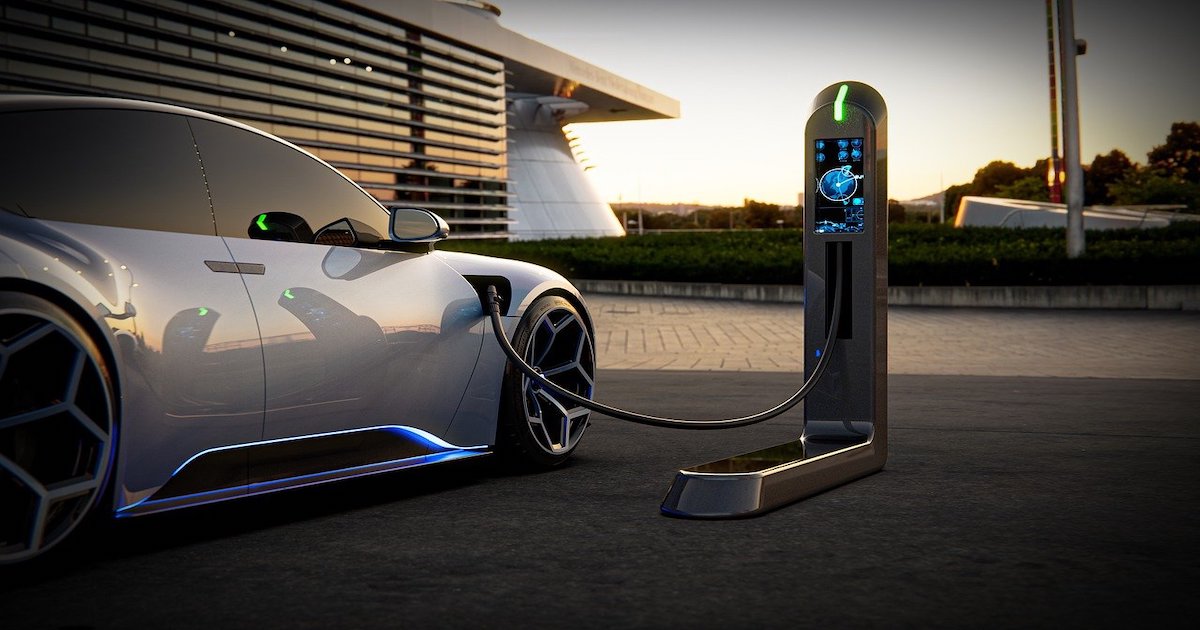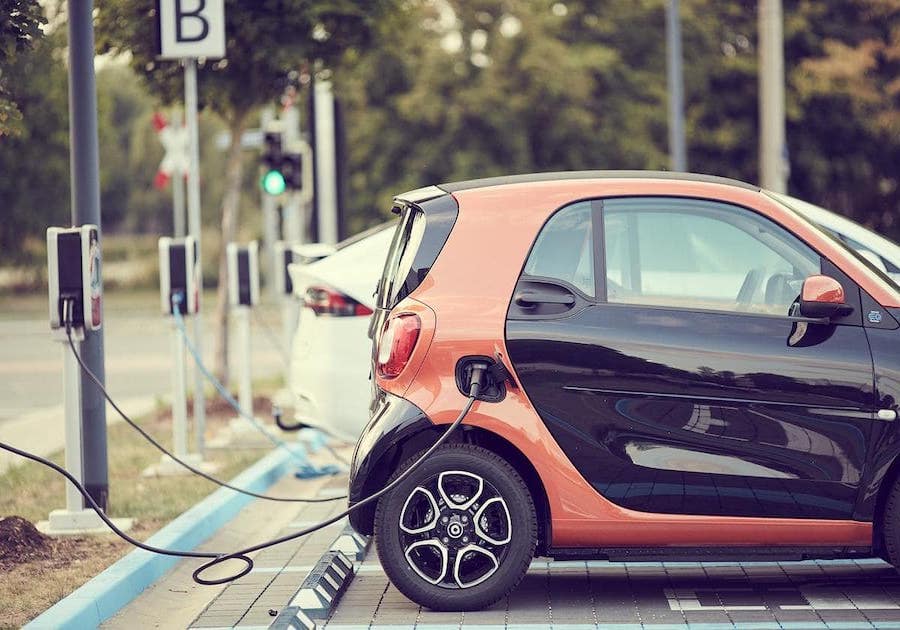Electric Vehicles are the Future. Is the World Ready for them?
- Maryam Ahmed
- Environment
- Trending
- July 8, 2022

The high gas price has led to a tectonic shift towards electric vehicle purchasing
The shift to electrified mobility started nearly two decades ago with the arrival of the first hybrid vehicles. Although most car buyers were not initially comfortable with the idea of a gas-electric powertrain, hybrids continued to gain popularity. Eventually, they served as a bridge to more sophisticated and sustainable offerings, such as plug-in hybrid electric vehicles (PHEVs) and battery electric vehicles (BEVs), with ranges currently surpassing 300 miles on a single charge.
Lately, every major auto manufacturer appears to have a strategy aimed at an all-electric future. Many automakers are investing billions of dollars in research & development and manufacturing to electrify their global lineups to go EV-only by the middle of the next decade.
The environment is the key motivator for the auto industry’s strong momentum toward electrification. Around the world, light-duty vehicles (passenger cars and non-commercial trucks) have been the most significant contributors to greenhouse gas emissions. As a result, state and federal regulatory efforts designed to reduce these harmful carbon emissions have mandated carmakers to reduce tailpipe pollutants. However, governments must consider some logistical roadblocks they might encounter to transition to a fully E.V. future. Perhaps an even more significant challenge than developing and manufacturing E.V.s is building the charging infrastructure to support the millions of new electrified vehicles expected to flood the market in the years ahead.

Many manufacturers have announced plans to phase out the production of internal combustion engine (I.C.E.) vehicles in the next 10 to 15 years. Jaguar plans to sell only electric cars from 2025, Volvo from 2030, and the British sports car company Lotus said it would follow suit, selling only electric models from 2028.
In recent months, many countries have seen a spike in gas prices, leading to a rise in electric car sales. An unreleased report from CarGurus, an automotive research, and shopping firm, shows that 53% of active shoppers say they are considering a more fuel-efficient vehicle in response to high gas prices. The data, shared with TIME, look at consumer sentiment toward electric cars based on an online survey of 2,176 U.S. automobile owners at various points this year. It finds that 40% of Americans expect to own an electric vehicle in the next five years, up from 32% in February and 30% last year.
The widespread electrification of passenger vehicles continues to gain momentum. Across North America and the world, car manufacturers face regulatory pressures in the form of stringent environmental mandates, meaning electrification is no longer just an option. It’s a necessity.
As a result, most automakers are moving away from combustion-based strategies and setting their sights on an electric-only path, despite the challenges to overcome and the investments to be made. The next several years will prove to be pivotal on this front. Although this transition to electric vehicles has been slowly happening over decades, it is still a notion that will take some significant adjustments.
This begs the question, is society ready for this tectonic change?








